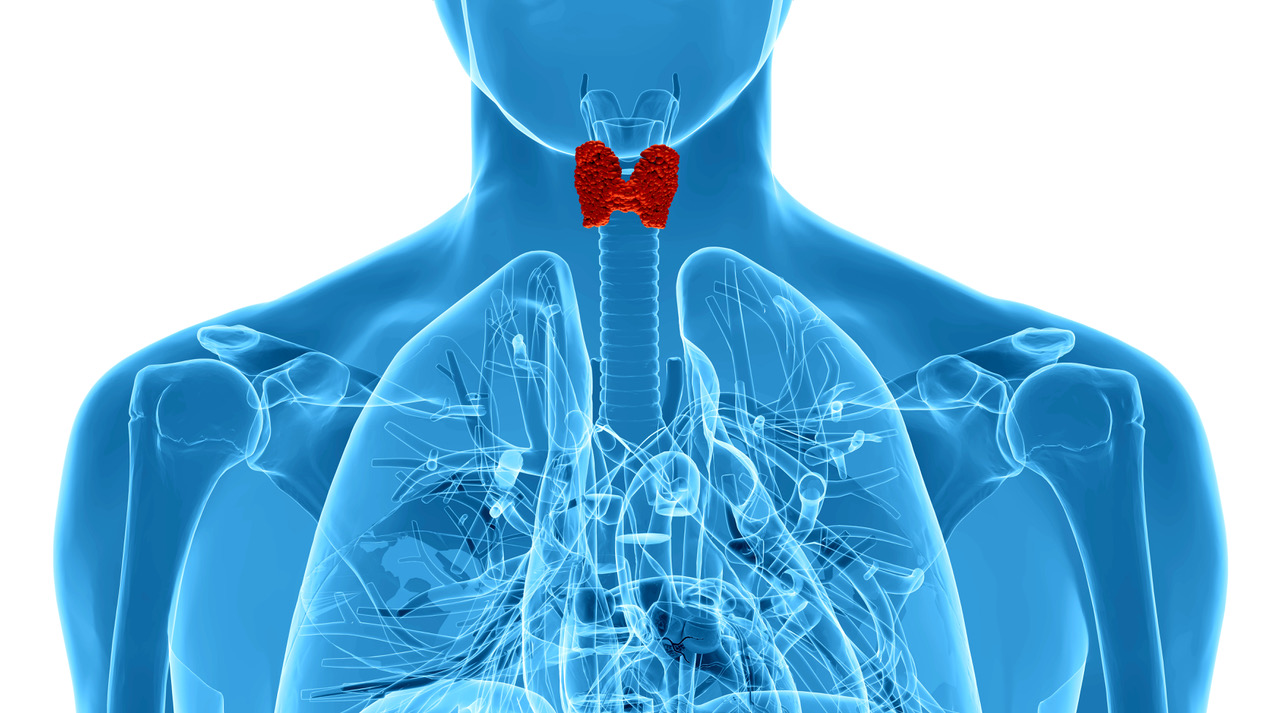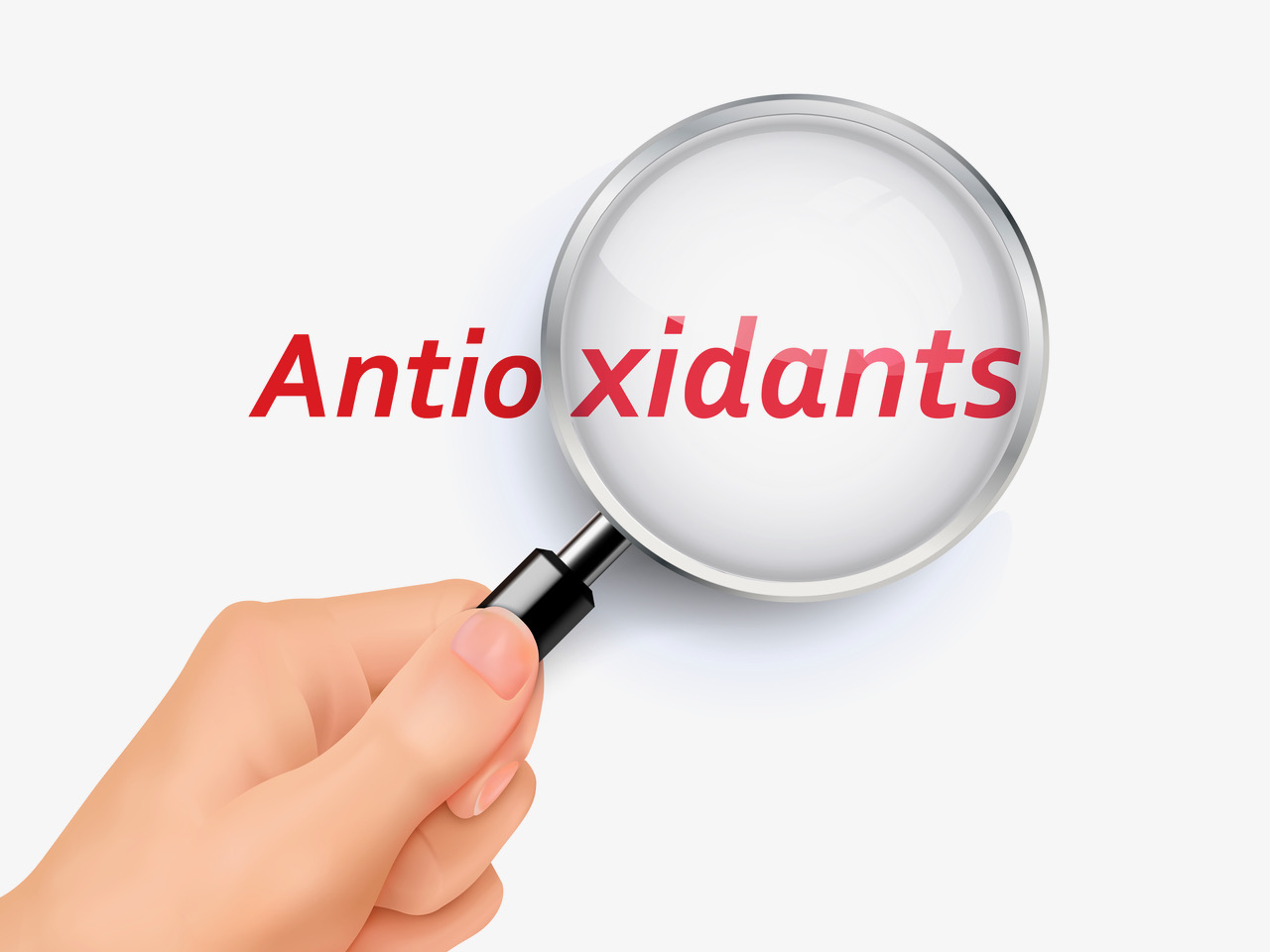Best Tip for Hashimotos Hypothyroid
When you have Hashimoto's hypothyroidism, things can be pretty hard. The symptoms can make daily life difficult. Fatigue, weight gain, joint pain, and dry skin are no fun. So what is the best tip for Hashimoto's hypothyroid? How can you find relief?
I believe one of the best things you can do for your body if you have this thyroid disease is to address one key issue. When you have this condition, you end up with a lot of excess hydrogen peroxide in your body. In order to feel better and keep your body as healthy as can be, you need to get rid of it.
So read on in this article to learn how to do just that. The solution simply involves taking a few healthy, natural nutrients. They will help you to boost your immune function and clear away the harmful oxidants. And that will help you start to feel better.
In this article, I will cover...
- The basics of Hashimoto's thyroiditis.
- Symptoms of this form of hypothyroidism.
- The problem with hydrogen peroxide.
- The best tip for Hashimoto's: 3 key nutrients to take.
- Other tips for finding relief from this hypothyroidism condition.
- The bottom line.
Let's get started with the basics. What is this condition, how does it work, and what are the symptoms?
What is Hashimoto's thyroiditis?
Hashimoto's thyroiditis is a hypothyroidism condition affecting the thyroid gland. The thyroid is a butterfly-shaped gland located in your neck. It controls metabolism and other various functions in the body.
With Hashimoto's, you end up with a slow functioning thyroid gland. That is why it is referred to as a form of hypothyroidism. Hypothyroidism means underactive thyroid. Hyperthyroidism, on the other hand, would be an overactive thyroid.

So what causes this underactive thyroid gland?
In this case, it isn't just a thyroid disease. It is also a condition that involves the immune system. It is an autoimmune disease.
Autoimmune conditions are when your own body's immune system makes cells that attack itself. These are called antibodies. "Antibody" means against self. Antibodies can attack almost any tissue anywhere in the body.
In basic terms, autoimmunity is a case when the body attacks itself, rather than things like viruses or bacteria.
With Hashimoto's thyroiditis, the antibodies attack the thyroid gland. This creates inflammation and damages the thyroid. That is why it is called thyroiditis. "Itis" means inflammation.
When attacked and inflamed, the thyroid is unable to make as many thyroid hormones as it should. It is unable to function at full speed. That leads to thyroid disease and low thyroid hormone levels.
And as a result, many symptoms can occur.
Symptoms of Hashimoto's thyroiditis
With hypothyroidism, the thyroid gland is underactive. An underactive thyroid can affect many bodily functions and lead to many symptoms.
These include:
- Fatigue.
- Weight gain.
- Hair loss.
- Hair loss.
- Difficulty getting warm.
- Intolerance to cold.
- Constipation.
- Dry skin.
It is no fun at all to live with these symptoms.
Luckily, there are many different things you can do to support your body. You can use your diet to help, which is a great start.
And if you really want to see results, my #1 tip is to deal with a certain imbalance that occurs in the body. If you don't address that, your body will take a toll and you won't start feeling better.
So what does my approach have to do with? A chemical called hydrogen peroxide.
The problem with hydrogen peroxide levels
Again, Hashimoto's is an autoimmune disease. In this particular case, the body creates antibodies called anti-TPO. TPO refers to thyroid peroxidase.
TPO works alongside hydrogen peroxide to create thyroid hormones. We get iodine from our diet, and then these two chemicals help make that into the thyroid hormones T4 and T3.
But when you have Hashimoto's thyroiditis, the immune system begins attacking TPO. Thyroid hormone production slows down. And you end up with too much hydrogen peroxide floating around in the body.
You probably think of hydrogen peroxide as something you'd find in a first aid kit. It is often used to sterilize a wound. That is because it is a powerful oxidant that can kill off bacteria. But it is harmful in the body at high levels. It can cause a lot of stress and damage in the body because it is such a strong oxidant.
So one important thing we can do to help with Hashimoto's thyroiditis is to remove it from the body so that it stays at safe levels.
The best tip for Hashimoto's hypothyroid
To get better and to help our thyroid out, we need to increase our immune defenses. We need to increase our antioxidants. That will help us to fight and clear away the hydrogen peroxide in our body.
How can we increase our antioxidant network? By loading up with helpful nutrients.
My #1 best tip for treating Hashimoto's disease involves taking three things.

3 antioxidant supplements that can help
These three nutrients are strong antioxidants that can support your Hashimoto's thyroiditis.
- Selenium. Selenium is really great for this type of hypothyroidism. It helps make thyroid hormones. It also helps convert T4 (the inactive form of thyroid hormone) to T3 (the active form). In addition, it is an important antioxidant that can help fight off high hydrogen peroxide levels. I highly recommend it for Hashimoto's hypothyroidism.
- Zinc. This is also a very helpful and powerful antioxidant. It will help in your attempts to lower oxidative stress on the body.
- S-acetyl-L-glutathione. Sounds like a mouthful, right? You don't need to know what all those words mean. You only need to know that this is an antioxidant. And that it will help clear out too much hydrogen peroxide.
These three nutrients are key to fighting oxidation. They help you get rid of too much hydrogen peroxide so you can better support your healing.
Try taking all three, and see how you feel. The hope is that it will bring you some relief and get you feeling healthier.
Other tips for finding relief from Hashimoto's
What else can you do to support your body in healing? How can you best help out your thyroid gland?
Try these tips.
- Do intermittent fasting. This pattern of eating will enhance your immune function. And it will decrease inflammation. That will be helpful for your hypothyroidism and autoimmune issues. It is a very healthy style of eating that helps all sorts of problems. Learn more about it here.
- Follow the keto diet. Keto is another great choice for Hashimoto's. When you do this diet, your need for thyroid hormones drops. This means your thyroid hormone levels don't need to stay as high. Learn more about the link between this thyroid condition and keto here and here.
- Try these other nutrients for Hashimoto's thyroiditis. Vitamin A, vitamin D, and magnesium are other good choices to help you start feeling better.
Combine these techniques with my #1 tip from above. And then you can really start seeing some positive benefit.
The bottom line
Hashimoto's hypothyroidism can create nasty symptoms, and they can interfere with daily life. But there is hope for relief. And there are many things you can do to help yourself out and start feeling better.
Above, I've explained my #1 best tip for this form of hypothyroidism. Give it a go, loading up on antioxidants. As a reminder, these three are best:
- Selenium.
- Zinc.
- S-acetyl-L-glutathione.
And also look to your diet and eating patterns for even more relief. Diet can play a big role.
Try out these tips, and see how they make you feel. Then leave us a comment below with your thoughts.
Up Next:
Previous blog
The Healthiest Ways to Cook Eggs – With RecipesNext blog
Top Benefits of ProbioticsTags

Popular
08/21/2024
55.7K views
02/23/2025
46.8K views
11/18/2024
281.1K views
03/18/2024
11/21/2022




